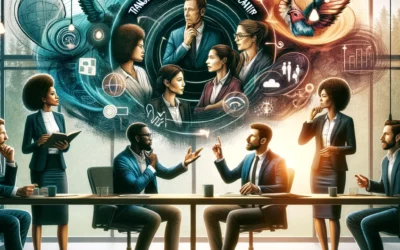Most leaders believe it is better to give than it is to receive, but they may not pay attention to giving and receiving patterns, as well as psychological motivations behind these patterns.
Ben Franklin said, “He that has once done you a kindness will be more ready to do you another than he whom you yourself have obliged.” In other words, acts of kindness don’t always generate a reciprocal feeling or action. Recipients may feel grateful, but they may not feel inspired to repay the kindness. In fact, they are more inclined to be kind to someone else (a sort of unintentional or, perhaps, intentional “pay it forward” program), since it feels better to be a benefactor than it does to be a repay-er.
The Ben Franklin Effect is the psychological tendency to like recipients of our favors more than others and, in particular, those who’ve done us a favor. As a result, we tend to provide more favors to the recipients of our past favors. Interestingly, we also tend to repeat meanness. If we’ve victimized someone, we’re more inclined to victimize that person again—further proving our rightness or dislike of them.
As a leader, don’t take giving and receiving for granted. Here are a few tips to help you maintain objectivity:
- When you give to others, don’t expect the favor to be returned. The recipient of the favor is more inclined to give to another (someone they’ve helped in the past) than to repay you.
- When you give to others, understand that you’re enjoying the feeling of being a benefactor and that this feeling might prompt you to give more to the recipient in the future.
- When you’ve acted meanly toward another, you’re more inclined to do so in the future. Don’t try to “prove” your previous action with further deprivation or injury. Act generously toward those you’ve treated badly. Start a new, better pattern.
- When others have given to you, they are more inclined to do so in the future. If you need a favor, ask those who’ve done you a kindness in the past.
We not only want to make the right decisions, we want to feel good. To feel good, we often repeat our patterns–good and bad.



